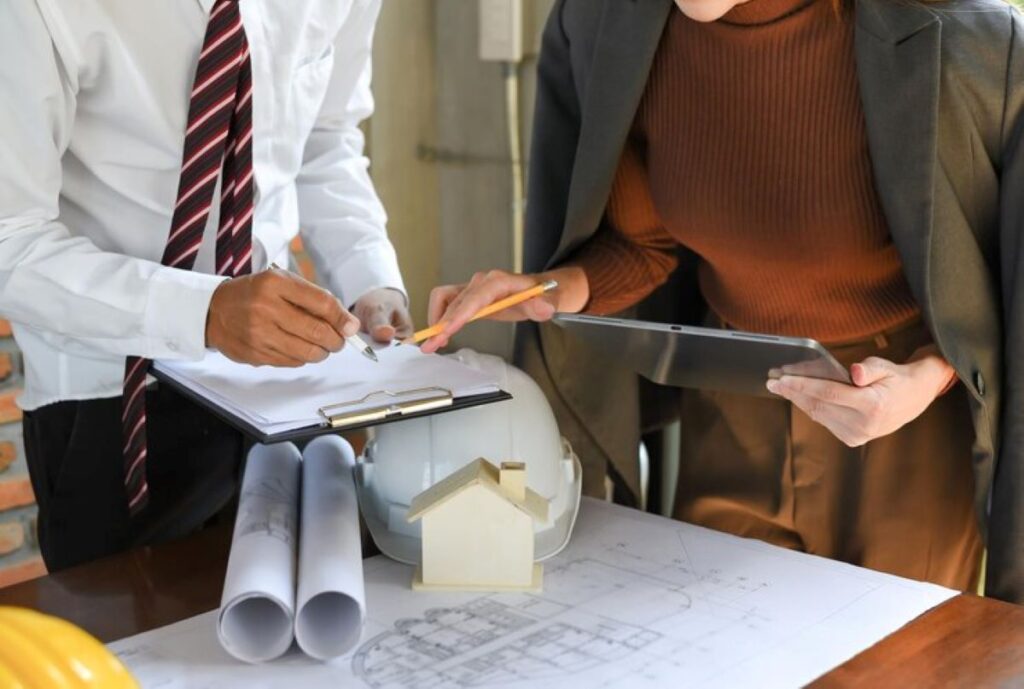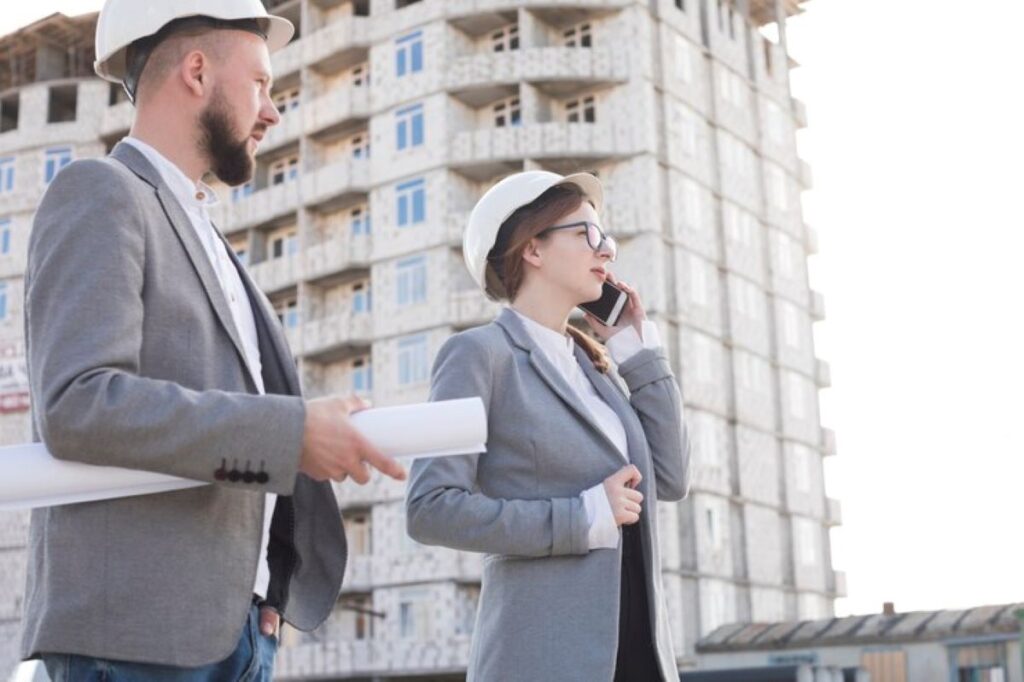When to Hire a Building Lawyer for Your Property Dispute
Property disputes can arise unexpectedly, leading to stress and potential financial losses. Understanding when to hire a building lawyer is crucial for resolving conflicts efficiently and protecting your rights as a property owner. This article delves into the role of building lawyers, how to identify the need for their services, the hiring process, costs involved, and the potential outcomes of seeking legal representation in property disputes.
Understanding the Role of a Building Lawyer
Building lawyers in best building lawyer sydney specialise in property law and provide legal services related to construction, renovation, and property management. Their primary goal is to ensure that their clients are informed of their rights and legal obligations pertaining to property transactions and disputes.
The Expertise of a Building Lawyer
Building lawyers bring a wealth of knowledge and experience in various aspects of property law. They are well-versed in legislation, regulations, and best practices governing construction and property dealings. This expertise allows them to navigate complex legal terrain efficiently, thereby providing invaluable guidance to their clients.
Moreover, building lawyers are equipped to handle issues that may arise during the construction process, including contract breaches, construction defects, and negligence claims. Their familiarity with legal precedents enables them to construct a solid legal case on behalf of their clients.
How a Building Lawyer Can Protect Your Interests
Engaging a building lawyer ensures that your interests are safeguarded from the onset of a property dispute. They can review contracts, negotiate terms, and make recommendations for best practices in property agreements. A lawyer’s presence often deters adversarial negotiation tactics, ensuring that discussions remain civil and focused on resolution.
In addition to contractual matters, building lawyers can represent you in legal proceedings if a dispute escalates. Their skills in advocacy can be critical in presenting your case effectively in court or during mediation sessions.
Furthermore, building lawyers often play a vital role in ensuring compliance with local building codes and regulations. They can assist clients in understanding the myriad of legal requirements that must be adhered to during construction projects, which can vary significantly from one jurisdiction to another. This not only helps in avoiding potential fines and legal complications but also ensures that the construction meets safety and quality standards, ultimately protecting the investment made in the property.
Additionally, building lawyers can provide valuable insights into the implications of planning permissions and zoning laws. Their guidance can be crucial when undertaking renovations or new builds, as they can help clients navigate the often intricate processes involved in obtaining the necessary approvals. By ensuring that all legal aspects are addressed from the start, clients can focus on their vision for the property without the looming worry of potential legal repercussions.
Identifying the Need for a Building Lawyer in Property Disputes
Recognising when to seek the assistance of a building lawyer is essential for effective conflict resolution. The landscape of property law can be intricate, making it challenging for property owners to navigate disputes without professional guidance.

Common Types of Property Disputes
Property disputes can manifest in various forms, including disagreements over contract terms, boundary disputes, construction defects, and issues related to planning permissions. Understanding the nature of these disputes is critical in determining whether legal help is warranted.
- Contractual disputes, often arising from misunderstandings or unclear agreements.
- Boundary disputes, involving disagreements over the physical limits of property ownership.
- Construction defects, including issues such as substandard work or non-compliance with regulations.
- Planning permission disputes related to local council decisions affecting property use or structure.
When to Consider Legal Assistance
It is advisable to consult a building lawyer when the nature of the dispute escalates beyond amicable discussions or when you suspect that your rights are being infringed upon. Early intervention can often prevent unnecessary litigation, which can be costly and time-consuming.
If you are unsure about the validity of your claims or the best course of action, a building lawyer can provide clarity and direction. They can assess your situation and outline potential pathways to resolution.
Moreover, the expertise of a building lawyer extends beyond mere legal advice; they can also assist in negotiating settlements or mediating discussions between parties. This can be particularly beneficial in boundary disputes where relationships with neighbours may be strained. A skilled lawyer can help facilitate a dialogue that aims to preserve these relationships while still advocating for your rights and interests.
Additionally, understanding the potential financial implications of property disputes is crucial. Engaging a building lawyer early in the process can help you avoid the pitfalls of costly litigation. They can provide insights into the likelihood of success in your case, which can inform your decision-making and help you weigh the costs against the benefits of pursuing legal action. This proactive approach not only saves time but can also lead to more favourable outcomes, whether through negotiation or court proceedings.
The Process of Hiring a Building Lawyer
Hiring a building lawyer involves several steps, from finding a suitable candidate to understanding what to expect during consultations. It is a pivotal process that can significantly impact the outcome of your property dispute.
Finding a Reputable Building Lawyer
Conducting thorough research is critical when selecting a building lawyer. Consider seeking recommendations from friends, family, or colleagues who have had positive experiences. Online reviews and professional directories can also help you gauge a lawyer’s reputation.
It is important to verify the lawyer’s credentials, including their qualifications, specialisations, and any affiliations with professional bodies. You might also want to arrange initial consultations with multiple lawyers to evaluate their suitability for your needs. Additionally, it can be beneficial to check if the lawyer has experience in cases similar to yours, as this can provide insight into their ability to navigate the complexities of your specific situation. Engaging with local bar associations or legal aid services can also yield valuable information about reputable building lawyers in your area.
What to Expect During the Initial Consultation
The initial consultation is an opportunity to discuss your property dispute and assess the lawyer’s capability to assist you. Typically, lawyers will ask you to provide specifics about your problem, including relevant documents and communications related to the dispute.
During this meeting, you can expect the lawyer to explain their approach and how they can help. They will likely discuss fees and potential costs associated with your case as well. It’s a good practice to come prepared with questions to clarify any uncertainties you might have. Furthermore, take note of how the lawyer communicates; a good lawyer should be able to explain legal concepts in a way that is easy to understand, ensuring that you feel informed and empowered throughout the process. This initial interaction can also give you a sense of their interpersonal skills and whether you feel comfortable working with them, which is crucial for a productive lawyer-client relationship.
The Cost of Hiring a Building Lawyer
Understanding the financial implications of hiring a building lawyer is crucial. Legal representation can be a significant investment, but it can often outweigh the potential risks associated with handling a property dispute independently.
Understanding Legal Fees and Costs
Building lawyers typically charge in various ways, including hourly rates, fixed fees, or contingency fees. The fee structure might depend on the complexity of the case, the lawyer’s experience, and the specific services provided.
It is essential to discuss fees upfront to avoid surprises later. Most lawyers will provide estimates of overall costs during the initial consultation, allowing you to weigh your options. Transparency regarding billing practices is a hallmark of a reputable lawyer.
Moreover, it is worth noting that some lawyers may offer a sliding scale for fees based on the client’s financial situation, which can make legal assistance more accessible. Additionally, clients should be aware of any potential extra costs, such as court fees, expert witness fees, or administrative charges, which can accumulate quickly. Being well-informed about these aspects can help you budget more effectively and ensure that you are not caught off guard by unexpected expenses.

Weighing the Cost Versus the Potential Benefits
When considering hiring a building lawyer, it is vital to evaluate the potential benefits against the costs involved. While initial expenses may seem high, effective legal representation can help you save money in the long run by providing solutions that prevent further disputes or costly litigation.
Understanding the potential financial implications of losing a dispute—such as having to pay damages, fines, or additional construction costs—can help you appreciate the value of hiring a qualified lawyer. Furthermore, a skilled building lawyer can assist in negotiating settlements that may be more favourable than what you could achieve on your own. Their expertise in navigating the intricacies of building regulations and contract law can lead to more advantageous outcomes, potentially saving you both time and money. The peace of mind that comes from knowing you have a professional advocate on your side can also be invaluable, allowing you to focus on other important aspects of your project without the constant worry of legal repercussions looming overhead.
See Also : Everything You Need to Know About Building and Construction Law
The Potential Outcomes of a Property Dispute with Legal Representation
Having a building lawyer by your side can significantly influence the outcomes of a property dispute. Their knowledge of the law and negotiation skills can lead to more favourable resolutions than those you might achieve alone.
Possible Resolutions in Property Disputes
Property disputes can be resolved through various means, including negotiation, mediation, or litigation. A building lawyer can facilitate these processes, promoting effective communication and helping both parties reach a mutually beneficial agreement.
Negotiation often begins with informal discussions between the parties, aiming for an agreement that avoids court. If direct negotiations fail, mediation can provide a structured environment where an impartial third party aids in finding a resolution.
Should all else fail, litigation becomes the next step, albeit as a last resort. The preparation and expertise of a building lawyer are crucial in this phase to ensure your case is effectively presented before a judge.
The Role of a Building Lawyer in Achieving a Favourable Outcome
A building lawyer plays a pivotal role in guiding you through the complexities of a property dispute. Their involvement can lead to better outcomes by ensuring that your rights are uphold and that you are well-represented in discussions or proceedings.
Furthermore, a seasoned lawyer can leverage their negotiating skills and legal knowledge to advocate for you, increasing the likelihood of a resolution that aligns with your interests and goals.
In conclusion, the impact of a building lawyer in property disputes cannot be overstated. They provide essential support in understanding complex legal frameworks, protecting your rights, and navigating the emotional and financial challenges associated with property conflicts.

